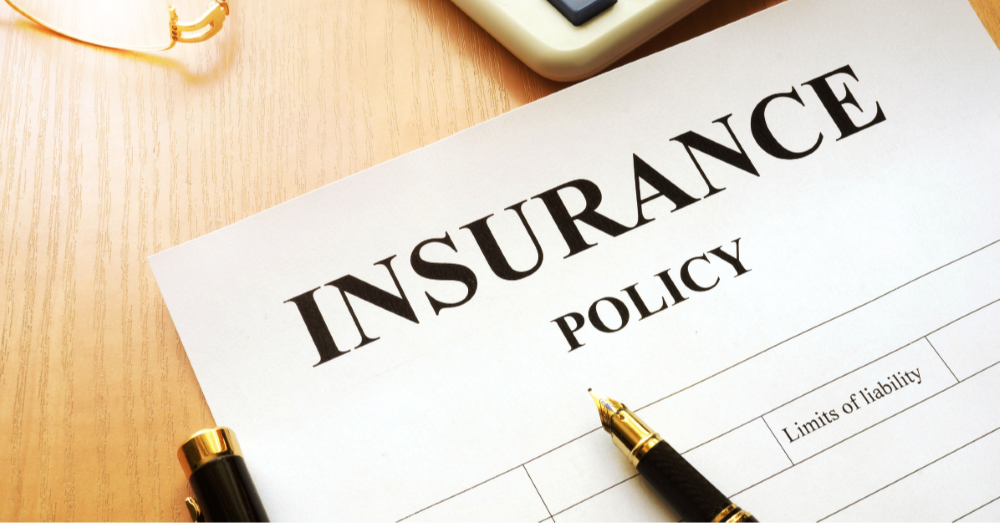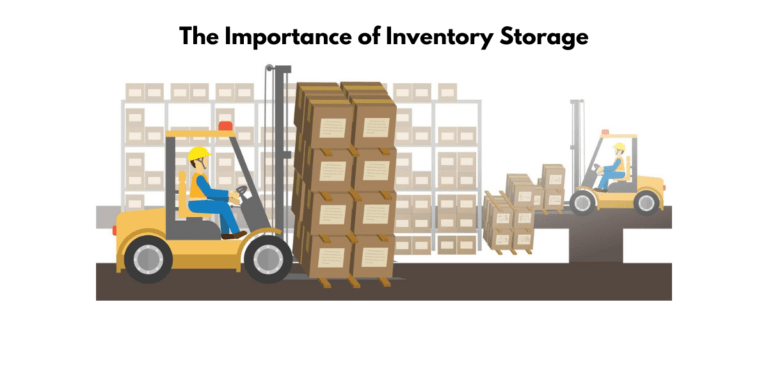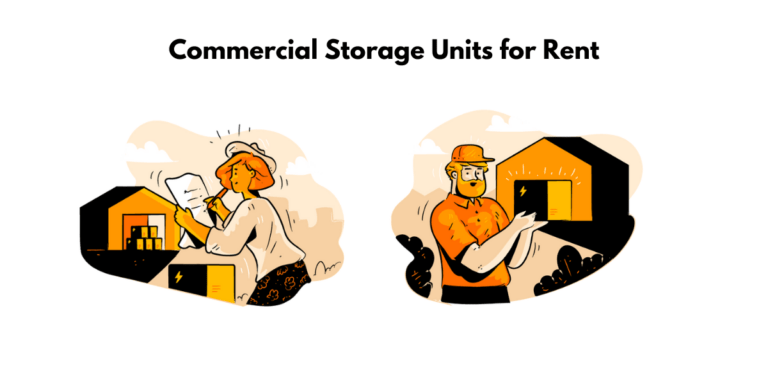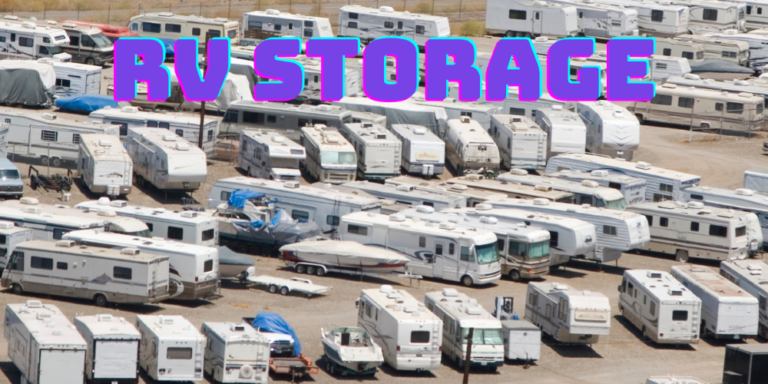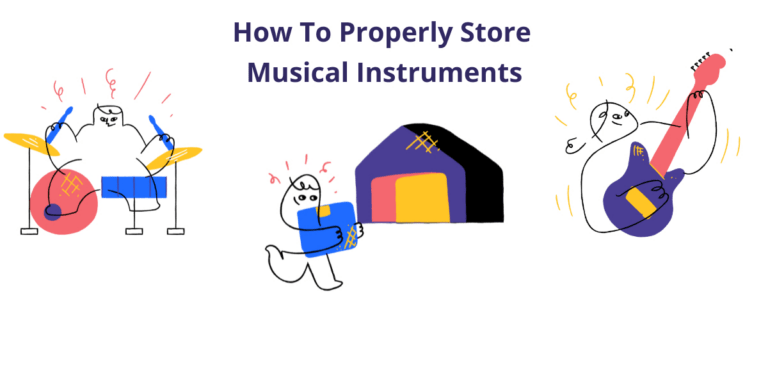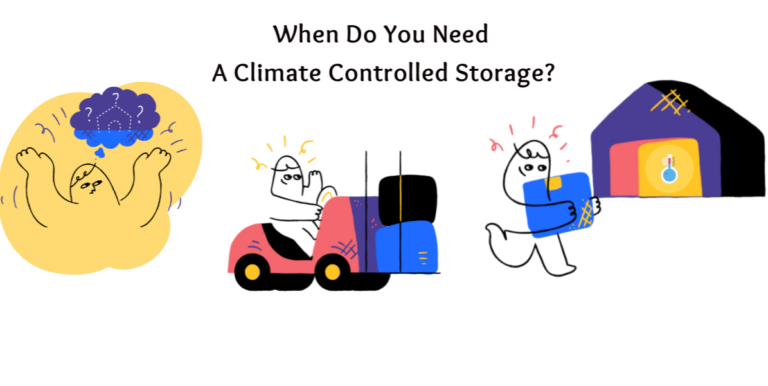Understanding Self Storage Insurance: What It Covers And How To Compare
Insurance For Self Storage Unit
Self storage units can be rented to store items that are not suitable for use at home. Renting these units varies depending on the size and proximity to the owner’s residence. A potential drawback to renting a storage unit is the potential for property damage. The self storage insurance cost can be deducted from the rental fee before it’s paid to the owner, which could help reduce this expense. In addition, insurance is required to protect the insured from financial loss or damaged due to a covered occurrence. For example, insurance is required in some cases if you rent a storage unit to store your stuff that could be damaged or stolen.
The type of insurance required depends on the contents of the storage unit and whether there is a value for the items stored. The insurance cost can vary depending on the amount of coverage that’s required and whether a claim is made.
The self storage insurance cost can be deducted from the rental fee before it’s paid to the owner, which could help you reduce the overall cost of storing your items. You may wish to contact the insurance company and ask about their rules for deducting the insurance cost from the rental fee.
What is self storage insurance?
Self storage insurance is a type of insurance that people can buy to cover the cost of storing their belongings in a warehouse when they are not living in the home. The policy covers the costs associated with the policy holder’s belongings being stored in a warehouse and provides coverage for loss, damage, or theft.
You can compare different insurance plans on the website or by calling a company. They are also available in multiple states. Insurance covers wrongful sale liability and customer goods legal liability. Those are the two types of coverage a self storage facility must have to comply with state law. Insurance is a type of property insurance that protects the contents of a self storage unit or locker. It provides coverage for such things as fire, theft, and vandalism.
Similar products are not always the same. The type of coverage and what is covered can vary with each company, but all companies provide the basics. Insurance is an important type of insurance to have for your business. It protects you from potential lawsuits and other legal actions in your business.
What do you need to know about self storage insurance?
The insurance company may ask for a copy of your lease agreement, so it can see that you are in an empty unit and not living there.
There are a few key things you need to know when it comes to self storage insurance. First, what do you need to cover? What are the specific risks that you need to insure? And what is covered under a policy? You can compare your insurance quote by checking the coverage offered. Some companies may offer more comprehensive coverage than others, which is important to understand before you sign up. Finally, you should consider the risks associated with your business and how much coverage you need.
Why do people need to get insurance for their storage units?
People need to get insurance for their storage units because there are a lot of risks associated with storing things in storage. The most obvious risk is theft, including fire, flooding, and earthquake damage. Insurance can help cover these risks and provide peace of mind to both the storage unit owner and renters.
Insurance protects the contents of a unit but does not cover natural disasters such as fire. Many people are unaware that their storage unit is at risk of being destroyed by a fire. Insurance provides coverage for damage to your unit due to fire, theft, or other natural disasters. It’s important to know the basics of what insurance covers and how to compare the different options.
When you rent a storage unit, you are responsible for any damage or loss in the unit. Insurance can help cover damages to your possessions in a fire, theft, or other unfortunate events. To help you find the right insurance plan for your storage unit, we’ve compiled a guide to help you decide on the best self-storage insurance for your storage unit.
Storage insurance protects against the most common loss scenarios that could occur. It covers such items as theft, natural disasters, and fire. You should compare plans to find the best value. Insurance is used to protect against the risk of theft and damage to property while it is in a self-storage unit. Many types of insurance policies can be purchased to help protect a person’s belongings when they store them away. These include property insurance, liability insurance, and insurance.
Insurance is meant to protect a person’s belongings when they store them away in a self-storage unit. The insurance covers the jewelry’s physical location and protects against theft. You can then compare your coverage to other companies to find a company that offers the most protection for your needs. Insurance covers damages to your unit, broken locks, and fire. It also provides liability coverage for the contents of your unit during a claim and the personal property of others.
The first step is to look at what your insurance covers. This is important as it can help you determine where your self-storage coverage will come from. If you don’t have personal insurance, knowing what a self-storage policy covers is important.

What does self-storage insurance cover?
Self-storage insurance coverages can vary by plan and policy, but they typically cover a range of risks, including:
- Loss of use due to theft or fire damage.
- Replacement costs for damaged or stolen items.
- Costs incurred from liability.
- Personal property coverage to cover jewelry, electronics, and other valuables.
In general, self-storage facility insurance covers your buildings, business, personal property, equipment, and liability. Whether you’re renting or owning a unit, this insurance covers you from damages and losses that may occur. Wrongful sale and customer goods legal liability is recommended coverages included in your insurance. These coverages will protect you if your belongings are damaged while in storage.
Additional coverages include pollution and cyber insurance. These are additional coverages that would be included in the storage policy. You should carefully compare policies to ensure you are getting the best coverage for your self-storage needs. Professional liability insurance is a type of insurance that protects the property and business assets of self-storage facilities against claims of professional negligence. Similar products are referred to as “comparable” or “comps.” They are used in the insurance industry to help customers compare different insurers and policies.
Why is there so much variation in the cost of these insurance policies?
The cost of an insurance policy can vary depending on many factors, including the age of the insured person, their gender, where they live, their occupation, and whether or not they smoke. The cost of acquiring storage insurance depends on how large your storage unit is and how valuable the property you’re storing is. There’s also a lot of variation in the cost of these insurance policies, which is why it can be hard to know what they cover and how much coverage you need.
The cost of insurance policies varies depending on the type of unit that you need.
There are three types of units:
– A warehouse and a truck
– An indoor unit
– An outdoor unit
Storage insurance policies are designed to pay for the damages caused by a storage unit. However, there is so much variation in the cost of these insurance policies, so it is important to understand what these coverage types cover. This is a helpful guide for choosing a storage unit type that fits your needs before determining the level of insurance coverage you’ll need.
Types of self storage insurance companies
There are two types of insurance companies: those operated by a single entity and those that use a network of affiliated agencies. The former is typically more expensive but offers more coverage and greater security. The latter is typically more affordable but offers less coverage and limited security.
Types of insurance companies are Basic Insurance, Extended Coverage, and Specialty Storage insurance. They cover different types of risks, and they have different features. Many different types of insurance companies exist. You should be aware of the type that you would like to purchase. What they cover and what they don’t cover are the main factors you need to consider.
Umbrella insurance is auto insurance that covers many types of risks and losses. It also provides coverage for your personal belongings, so it is often called a “bundle” of insurance.
What should I know about self storage insurance providers?
You should consider many factors when choosing an insurance provider. These include the amount of coverage, any deductibles, and what type of coverage you need. A deductible is the amount of money you must pay out-of-pocket before your insurance provider covers the loss. Some providers offer coverage for a certain amount depending on the size of your unit, while others offer coverage for as much as $25,000.If you are renting a storage unit, 10% of the cost of your insurance coverage limit is imposed by most homeowners’ and renters’ policies. This means that you’re responsible for 90% of the cost. All storage units are not created equal, so be sure to get a quote from multiple providers and compare.
You can get 160% coverage for your self storage unit for a relatively low cost. However, if the policy is not purchased through an insurance provider, you are limited to certain claims. Therefore, it is important to understand the different insurance policies available and how they compare. Insurance companies offer a variety of packages or policies. Some companies offer more coverage than others.
The company you choose should be able to help you understand the differences in rates and policies so you can make the right decision. Expanded renters or homeowners insurance can be a cheap option to cover more of your items. The most common coverage is liability, which covers accidental damage to the property.
A floater is a form of insurance that covers a specific item. For example, if you have jewelry and want to insure it separately from your home or renters insurance, you can purchase a floater for that jewelry. You’ll want to make sure your policy covers the items in your home and the items in your storage unit.

How can you compare different types of self storage insurance policies?
To compare different insurance policies, you must first know the difference between property loss coverage and liability coverage. Property loss covers stolen or damaged items that are stored in a unit. Liability coverage is for accidents or injuries that happen on the property.
You have to compare policies to find the best one for you. There are different types of insurance that a self storage facility might offer. How can you compare different types of insurance policies? It’s important to know what your policy covers before making a decision.
What are the types of self storage insurance coverage?
Some insurance options can help you if your self storage facility is damaged or destroyed. Some policies will cover the cost of repairs, while others will provide reimbursement for lost items and inventory. Here are some of the most common types of coverage:
The extra cover provides additional business property insurance.
This is highly recommended for shops, bars, and restaurants with multiple locations. *General Liability is common coverage for most self storage businesses. It can provide coverage for financial loss caused by environmental conditions, not maintaining the building properly, or damage to third parties (vandals).
Professional Liability is also important for most self-storage business.
Businesses that store materials related to construction, engineering, or architecture should consider this coverage. Professional Placement covers injuries caused by negligence on the part of the business.
Building Insurance
This insurance protects the building if a fire occurs, and it is also a must for your business if you choose to do Pilates, weight training, or any other kind of exercise.
What is a renters insurance policy?
Renters insurance is a type of insurance that covers your personal belongings and liability when you rent an apartment or house. Renters typically have to pay the renter’s policy deductible before their insurance company covers any damages. This is a common misconception; the policy does not have to be paid up before your insurance company will pay for damage to your property.
How will you find the best rate for your needs?
The easiest way to compare rates is by looking at the annual rate. The insurance cost will be higher for those who store larger volumes of items or those who store items for more than a year. When you are insuring your personal belongings, it’s important to understand what is covered and the policy’s limitations. This will allow you to find the best rate for your needs.
If you want a high coverage limit, then you will need to pay more, and if you want a low coverage limit, then you will need to pay less. This is an example of how insurance can be affordable and still cover all your needs. Comparing the different types of policies helps to look at both the amount they cover and their cost. The type of policy also affects cost. One type of policy may have a higher monthly premium than another, but the one with the lower premiums could have more coverage.
When it comes to comparing different types of self storage insurance policies, how will you be able to find the best rate for your needs? First, it is always best to check with a representative of your insurance company. They will be able to provide you with an estimate of what it would cost and the cost of what your coverage would be if you increased the overall limit.
Which type of self storage insurance should you get?
There are two types of self storage insurance policies. One is commercial, and one is personal property insurance which covers homes, personal property, and equipment. The commercial self storage policy covers buildings, business personal property, and equipment. Personal property insurance covers homes, business personal property, and equipment.
The personal property policy will not cover buildings or business personal property. Extractive text summarization only depends on extracting sentences from the original text. This strategy selects the top N sentences that best represent the article’s key points or text. The coverage available in each type of insurance varies. For example, if you look for liability insurance, the policy should cover wrongful sales and customer goods liability.
A professional liability insurance policy covers the owner or manager of a storage facility for claims made against them by their clients. It protects the operator from legal action and losses that result from personal injury, property damage, or a breach of contract. Comparing different types of self storage insurance policies is through a process known as “compare and contrast.” This involves taking the features of each policy and comparing them side-by-side.
What does the process of getting a self storage unit involve?
You visit a storage unit provider, fill out an application and pay for a unit. You then have to schedule a time to pick up the key from the facility manager at your desired location. (You need to make an appointment at least a week before you want the key). Once you leave with your unit, you have 30 days to move in. (If you don’t like the location, you can simply take back the key and visit lower-cost storage areas). A rental agreement is then sent to you within 5-10 business days. You can pre-pay online or pay for the rental agreement in cash at the facility.
What is a storage unit really worth?
The value of a storage unit is determined by its size and location. Therefore, the prices are influenced by the demand for storage space at any given time.
How to get a self storage insurance
A self storage insurance can be difficult to find, and it’s not always the best option for everyone. Self storage insurance is a type of property insurance that covers “self storage units” against theft, fire, vandalism, and natural disasters.
There are a few things to consider when shopping for self storage insurance. First, decide what type of coverage you need. There are different levels of storage insurance that range from $1,000 to $5,000. The higher the coverage amount, the more protection you get. For example, a basic policy might cover only theft or damage to the unit. The higher the coverage, the more protection you’ll get and the lesser your monthly fee.
For example, you might decide that a basic $1,000 limit insurance is enough for your items. You may want to buy a small unit, which would result in a much lower monthly payment. On the other hand, you could choose $5,000 insurance on your unit.
Self storage insurance gives you unlimited coverage for theft or damage to the storage unit and many other unexpected liabilities. In most cases, self storage insurance is available as separate from the tenant’s existing insurance policy.
What if the self storage facility offers insurance?
If a self storage facility offered insurance, people would feel more secure when storing their belongings. The insurance cost would most likely be higher than the cost of a traditional storage unit.
The actual cost of the insurance will depend on many factors, including the size of the storage space and whether or not the policy covers the tenant’s personal belongings.
- Commercial Storage Units for Rent: Is renting out self-storage units a feasible investment? - December 22, 2022
- How To Choose The Right Storage Unit Size: A Guide For Beginners - March 17, 2022
- Understanding Self Storage Insurance: What It Covers And How To Compare - September 29, 2021

